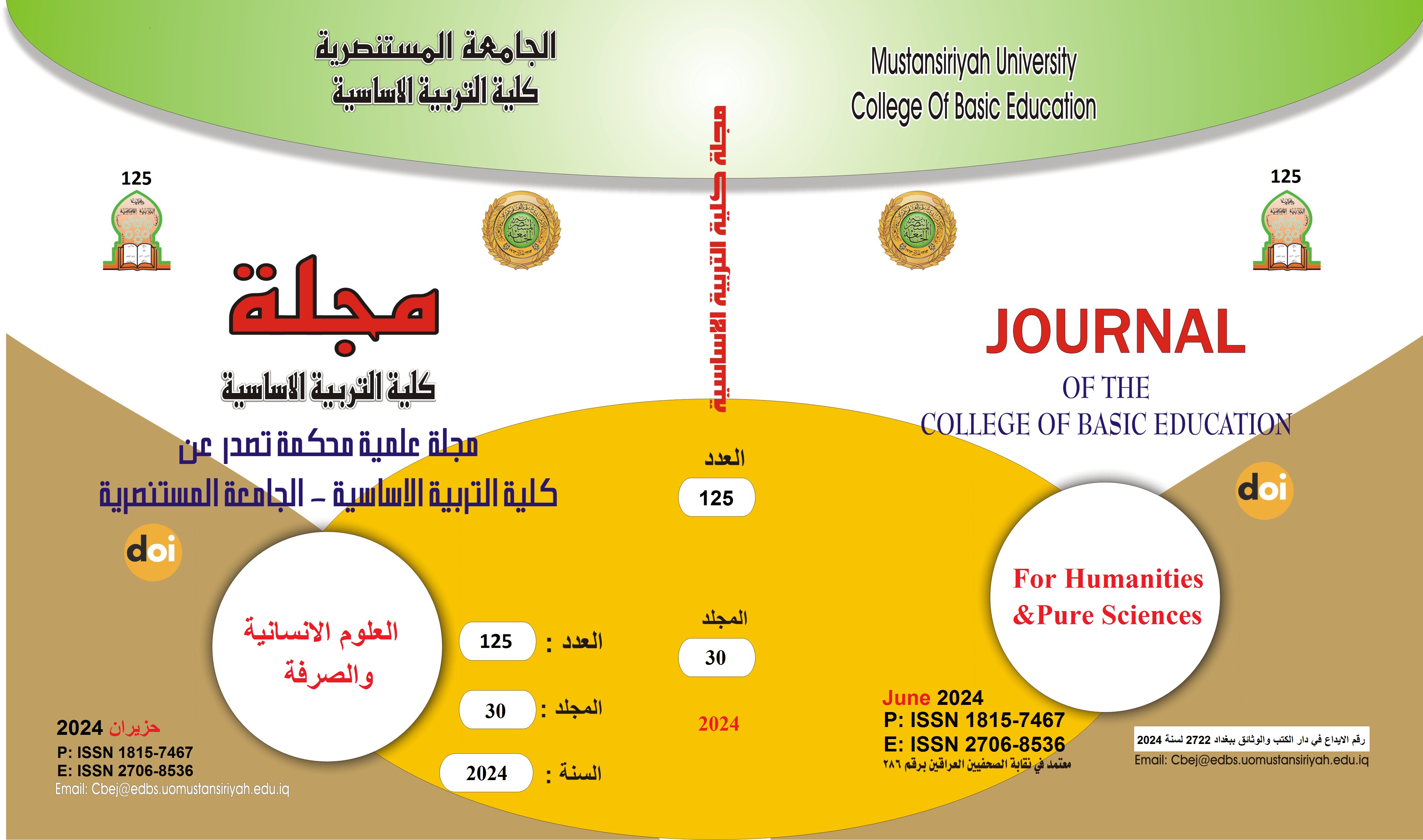Empirical Study of E-Learning Impacts on Students' Academic Achievements In Iraqi Universities In Light of The Covid-19 Pandemic
Main Article Content
Abstract
The provision and implementation of e-learning systems pose significant challenges for numerous universities amid the COVID-19 pandemic. Platforms such as Google Classroom, Zoom, and FCC e-learning systems offer noteworthy features that prove beneficial for educational continuity during this crisis. However, the effective utilization of these e-learning systems hinges on a comprehensive understanding of the adoption factors and the substantial challenges faced by existing systems. Many institutions and higher education universities recognize the evolving value of the Internet in reshaping the learning landscape. There is a realization that traditional classroom courses can be enhanced through interactive web tools, and existing courses can be transitioned to e-learning environments. However, only a handful of academic institutions have successfully embraced e-learning in a manner that fosters widespread and innovative utilization of educational technology throughout the institution. There is an agreement lack around the crucial factors and challenges that form the effective utilization of the e-learning systems within the pandemic of COVID-19. As a result, a clear gap in understanding of the critical aspects and obstacles of e-learning use in this pandemic has been highlighted. As a result, the objective of this research is to examine the primary challenges encountered by existing e-learning systems and identify key elements that facilitate the effective utilization of e-learning systems during the COVID-19 pandemic.
Article Details

This work is licensed under a Creative Commons Attribution-ShareAlike 4.0 International License.
